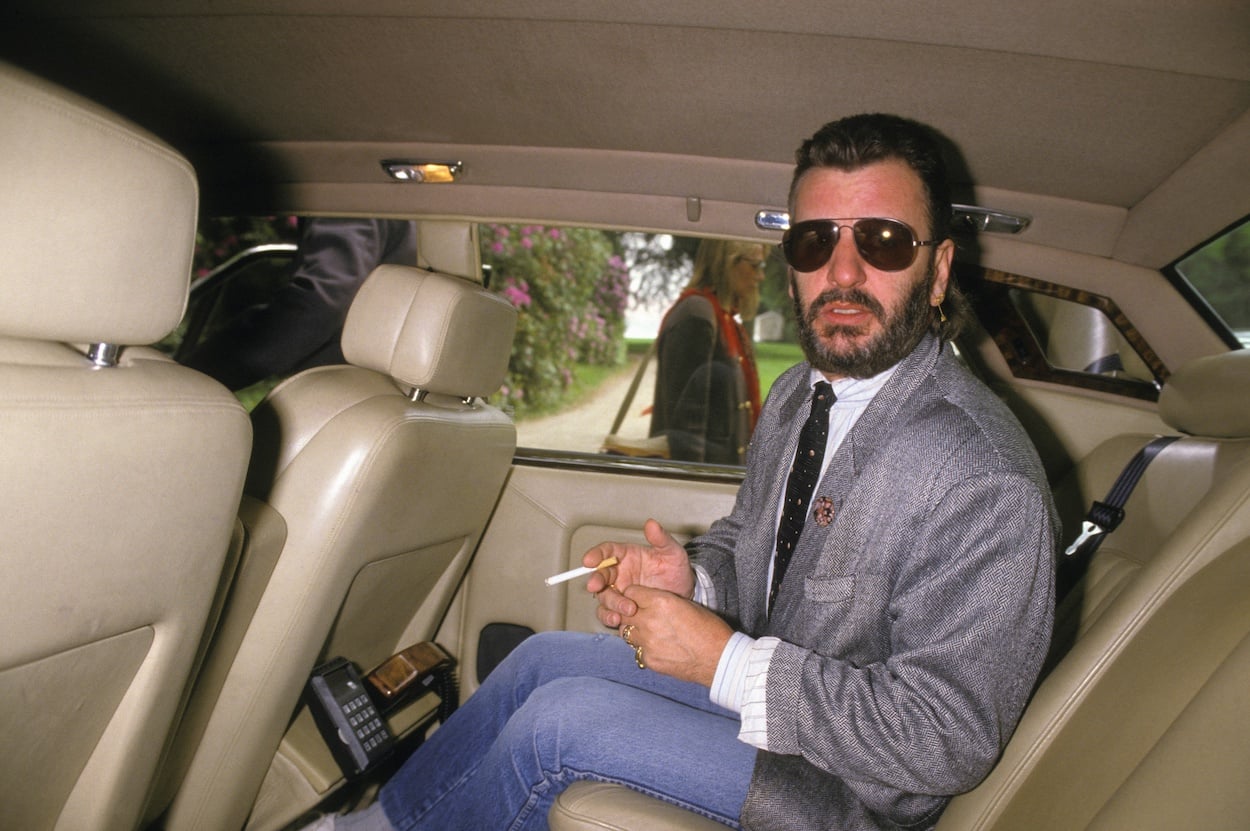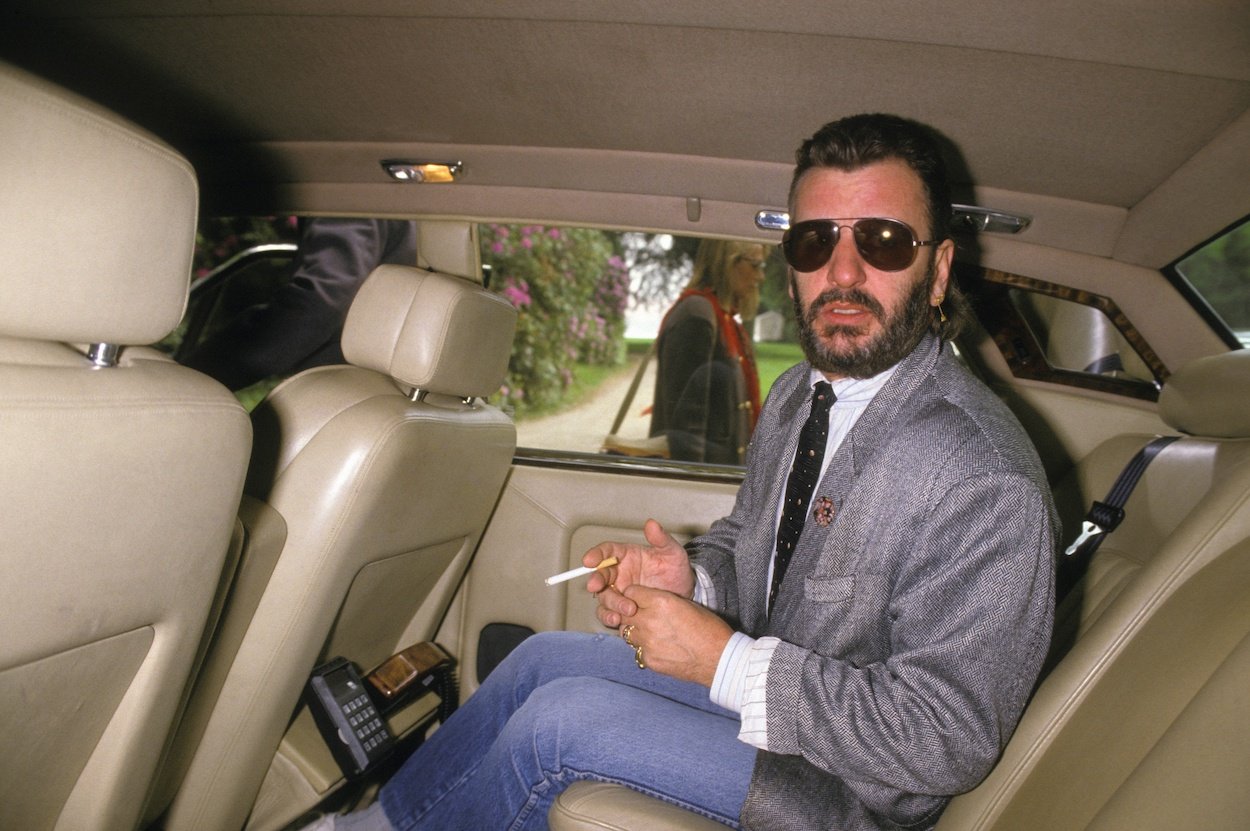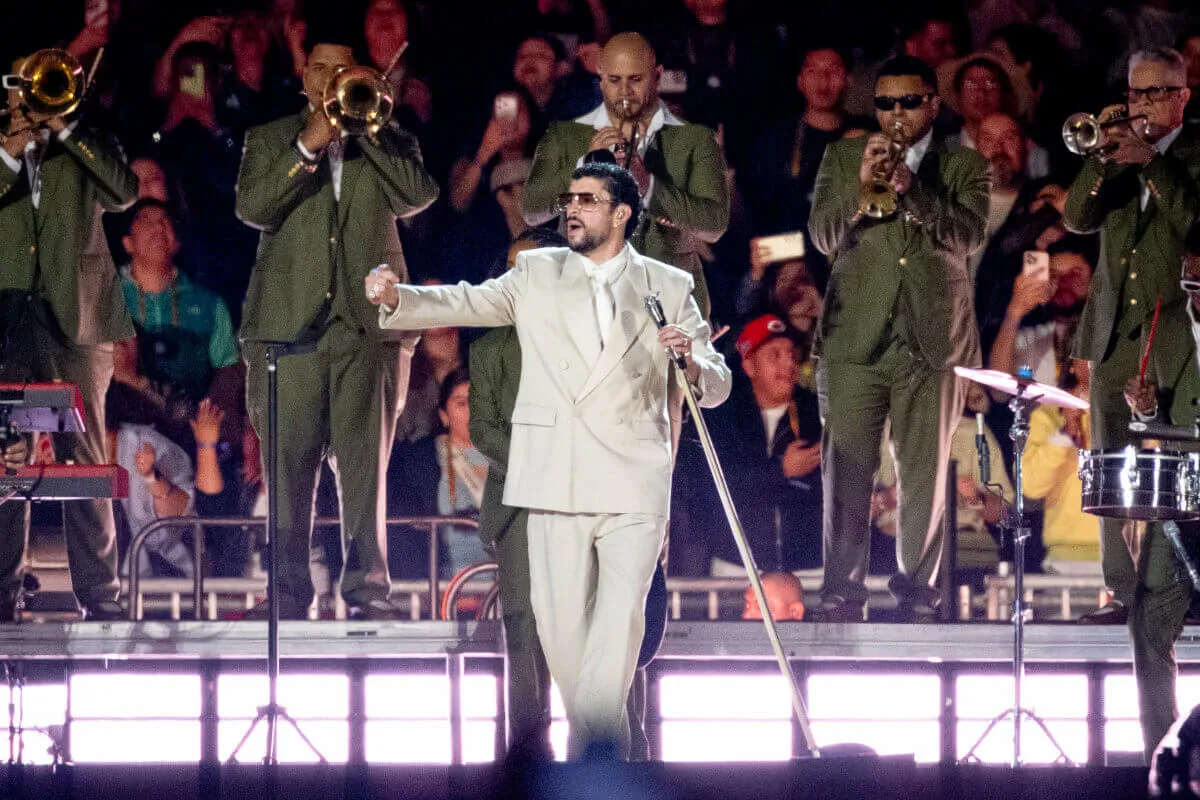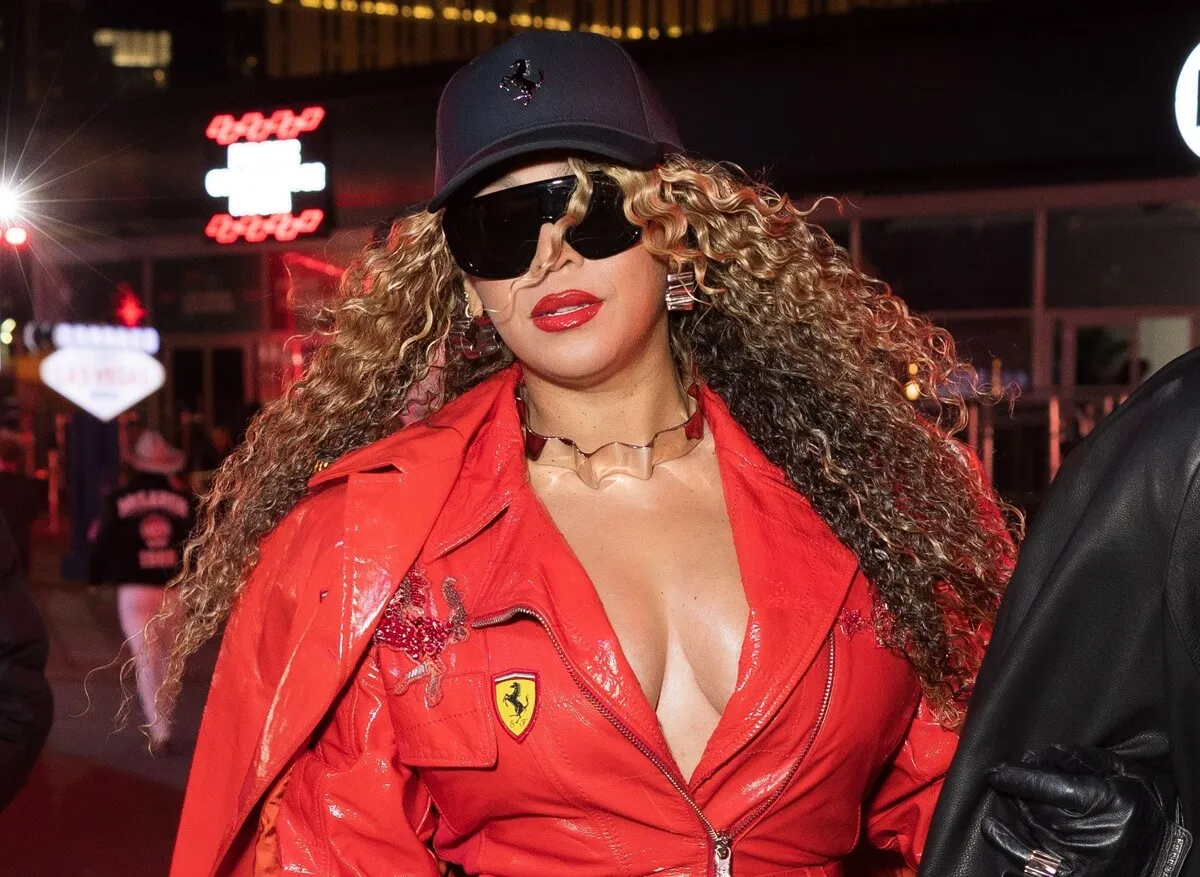
The Beatles Made Ringo Starr So Rich He Could Afford to Have a Wild Theory About His Money
Ringo Starr joining The Beatles was mutually beneficial. The band found the perfect drummer, and in return he had a worry-free gig that let him pursue his drumming passion. The side bonus was that the Fab Four’s fame made Ringo so rich that could afford to have a wild theory about his money.

Ringo Starr was set to make good money before he pursued music
The man once known as Richard Starkey made a life-changing choice long before he joined The Beatles. Having grown up relatively poor in a working-class Liverpool neighborhood, Ringo landed an apprenticeship that would have ensured a good-paying job once his apprenticeship ended. (That was after he got fired from his first job for drunkenly telling off his boss).
When the chance to drum full-time came along, Ringo ignored his family’s advice, quit his apprenticeship, and joined up with Rory & the Hurricanes. The drummer made good money gigging with the Hurricanes, and the Ringo’s reputation from that band led to his job in The Beatles.
The Beatles found success soon after switching drummers. It wasn’t long after that happened that Ringo became so rich he could afford to have a wild theory about his money.
The Beatles made Ringo so rich he could afford not to worry about money at all
The Beatles found chart success soon after adding Ringo in late 1962, and they churned out hit songs the rest of their career. As the primary songwriters, John Lennon and Paul McCartney made the most from music publishing rights. Yet Ringo had a small stake in their publishing company, as Alan Clayson writes in his Ringo biography, Ringo Starr: Straight Man or Joker?
That small stake helped send money Ringo’s way, but what made him truly rich was his 25% stake in Beatles Ltd. That’s where the money from merchandising and concerts went. The funds swelled so much that it made Ringo rich beyond his wildest dreams and afforded him to have a wild theory about his money, Clayson writes:
“Myself, I never give it much thought, money. I just always think of myself as having plenty.”
Ringo Starr describes his thoughts on his money
The drummer was never flush with cash growing up in a working-class household in a rough Liverpool neighborhood. With that frame of reference, it makes sense that Ringo might not have been the most pennywise or financially savvy member of The Beatles.
In Ringo: With a Little Help, Michael Seth Starr writes that Ringo often expensed his expenditures to the Fab Four’s accountants and let them sort out the funds. Ringo’s money theory had a bit of truth. He always had enough in the bank to pay for his photography hobby, buy a countryside mansion or two, or purchase an apartment in an exclusive Monaco neighborhood.
The Beatles’ drummer grew his net worth without doing any work later in his life
One of Ringo’s post-Beatles career moves was narrating the popular children’s series Thomas & Friends. He lent his distinct voice to 52 episodes between 1984 and 1986, according to IMDb.
Ringo’s voiceover work wasn’t what brought in the money, though. He didn’t cash a paycheck for it. His foresight to take a minority ownership stake in the production company was what helped Ringo add to his net worth.
Ringo grew richer because of his stake in Britt Allcroft. The production company makes the Thomas the Tank Engine videos and owns the merchandising rights. Its founder persuaded Ringo to take shares in the company as payment for providing voiceovers. The drummer retained his stake when he left the role, and it was worth roughly £5 million to the drummer’s bottom line.
Ringo Starr found the ideal gig with The Beatles, and it made him so rich he could afford to have a wild theory about his money.
For more on the entertainment world and exclusive interviews, subscribe to Showbiz Cheat Sheet’s YouTube channel.


